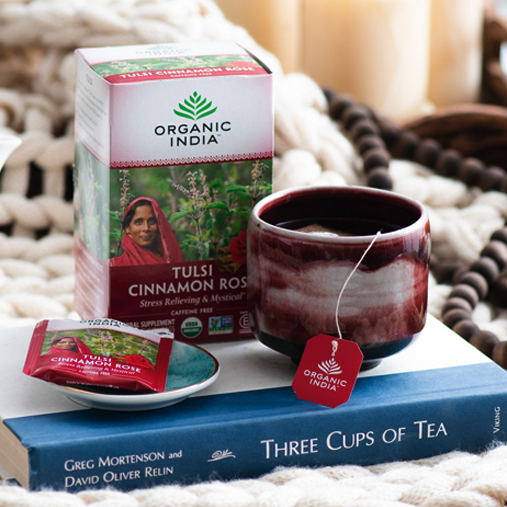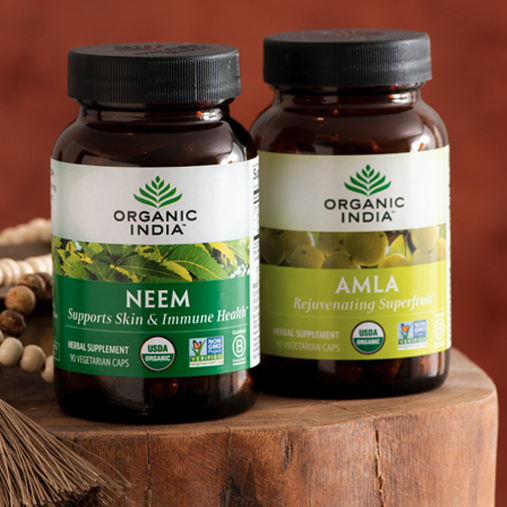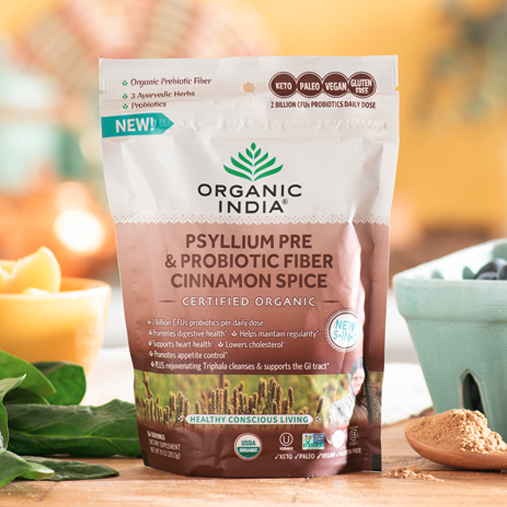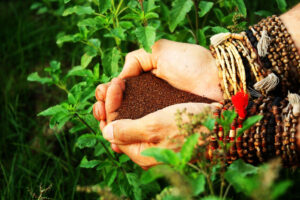If the renowned French philosopher Decartes had a twin brother named Ala-cartes who specialized in gastronomy, perhaps he would have said, “I eat therefore I am.” One might imagine that many philosophers remain puzzled about the inseparable connection between holidays and consuming lots of food. Although the two go hand-in-hand, gastronomical suffering does not have to be inevitable if you pay attention this cycle the next time your favorite feast day rolls around, whether you’re celebrating Diwali, Passover, Eid al-Aha, Thanksgiving, Christmas, or any other special holiday.
Very often, our great festivals are a gradual build, starting with preparation and anticipation. Then the marvelous day arrives and everyone gathers to eat, drink, and be merry. An hour later, there are way too many cases of popped buttons, gurgling bellies, sunken faces, and even aches and pains in random places. And yet, we repeat this pattern over and over throughout the years, which means that part of the preparation phase may best be served with a little foresight for what’s about to happen — namely, indigestion.
As you read this, the holiday season is just around the corner. And thus, ‘tis the season for Triphala to soothe the stuffed soul.
Triphala Saves the Holiday
Triphala is an herbal concoction consisting of three prized medicinal plants native to India: Amla, Bibhitaki, and Haritaki. A staple in traditional Ayurvedic medicine, it’s been used for at least a thousand years and is now enjoying worldwide popularity for digestive relief.
Western medical research also supports Triphala’s use in cases of constipation, abdominal pain, flatulence, and inflammation associated with overeating. And in the days and weeks following your favorite holiday feast, it might prove useful to keep this piece of advice in your back pocket: Triphala is also recognized for supporting weight management efforts and boosting the immune system.
Triphala’s Three Ingredients
Amla, also called Indian Gooseberry, is rich in antioxidants, which means it helps to remove toxins from the body and protect you from getting sick. Amla is high in vitamin C and flavonoids, both of which are important to get you through the holiday season and the weeks and months to come. Vitamin C supports the tissues lining the digestive tract, including the mouth, stomach, throat, intestines, and more
Bibhitaki is a fruit whose name translates to “fearless of disease.” The Ayurvedic text Charaka Samhita lists Bibhitaki’s characteristics as alleviating disease, bestowing longevity, and promoting intellectual prowess and strength. Bibhitaki offers a mild laxative action to the classic Triphala formulation, and is said to balance the Kapha and Vata doshas. WebMD.com notes that this fruit has nutritional compounds that may help improve blood sugar levels and insulin sensitivity, as well as provide anti-inflammatory effects.
Haritaki, a nut-shaped fruit, is a great source of antioxidants, vitamin C, and anti-inflammatory properties. Ayurvedic doctors use it for numerous health issues, including sore throat, allergies, constipation, and indigestion. Like the other components of Triphala, Haritaki also contains powerful antioxidants, such as polyphenols, terpenes, and anthocyanins.
Is it possible to have too much fun?
No doubt the holiday season is a big ball of fun, family, friends, and feasting. But everybody knows the downside that occurs anytime from an hour after you eat to a few weeks later. More immediately, we experience digestive difficulties; but in the longer run, it’s also possible that your party-hardy spree leads to an assault on your immune system.
For many healthcare practitioners, it’s no surprise that the holiday season is accompanied by colds, sickness, and sluggishness. Think of all the culprits: Stress from travel, cooking, meal preparation, anticipation, and overeating; overconsumption of food and drink; eating rich desserts in abundance; and lowering your immunity from all of the above.
Triphala is one of the oldest and most renowned herbal formulas from the Vedic tradition that is both gentle and supportive of the entire gastrointestinal tract. Maybe it’s time to start a new tradition to go with the old: Keep a bottle of Triphala handy for every feast coming up.














